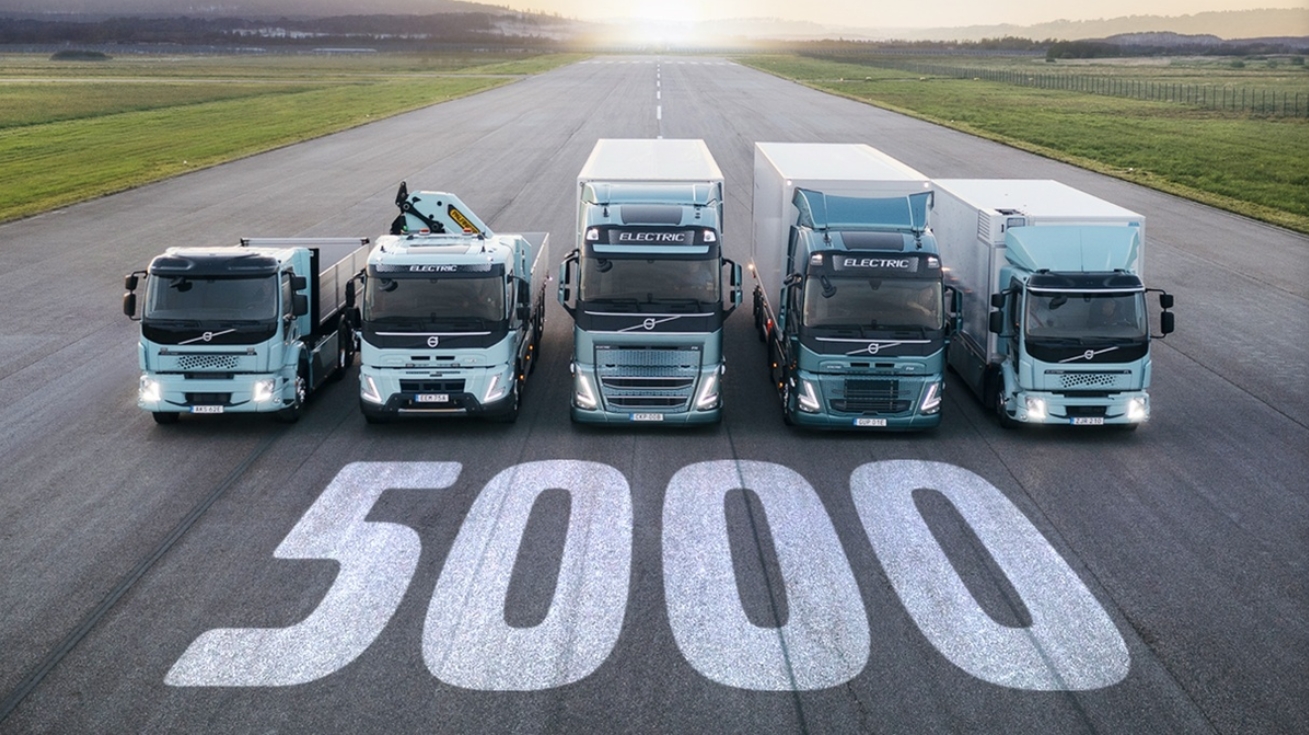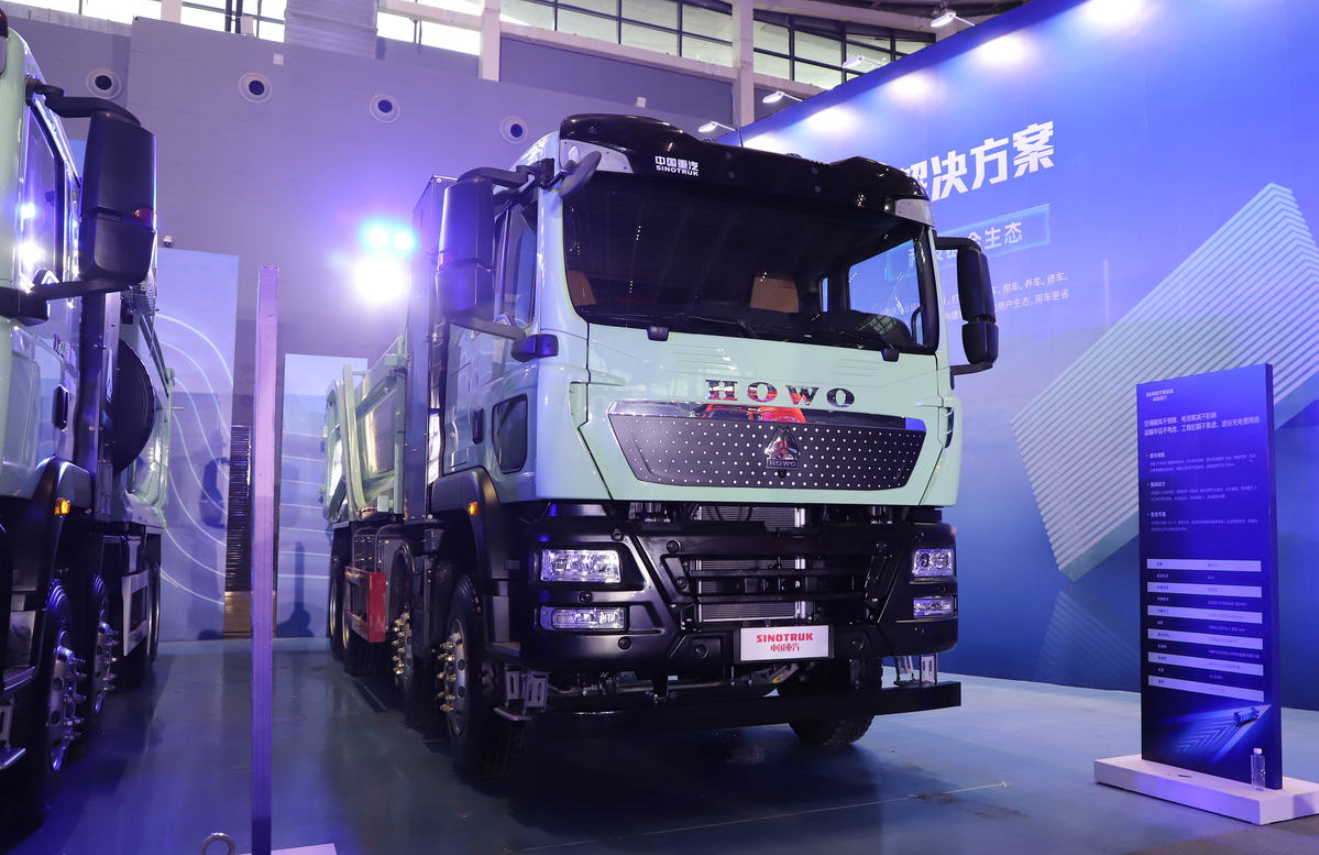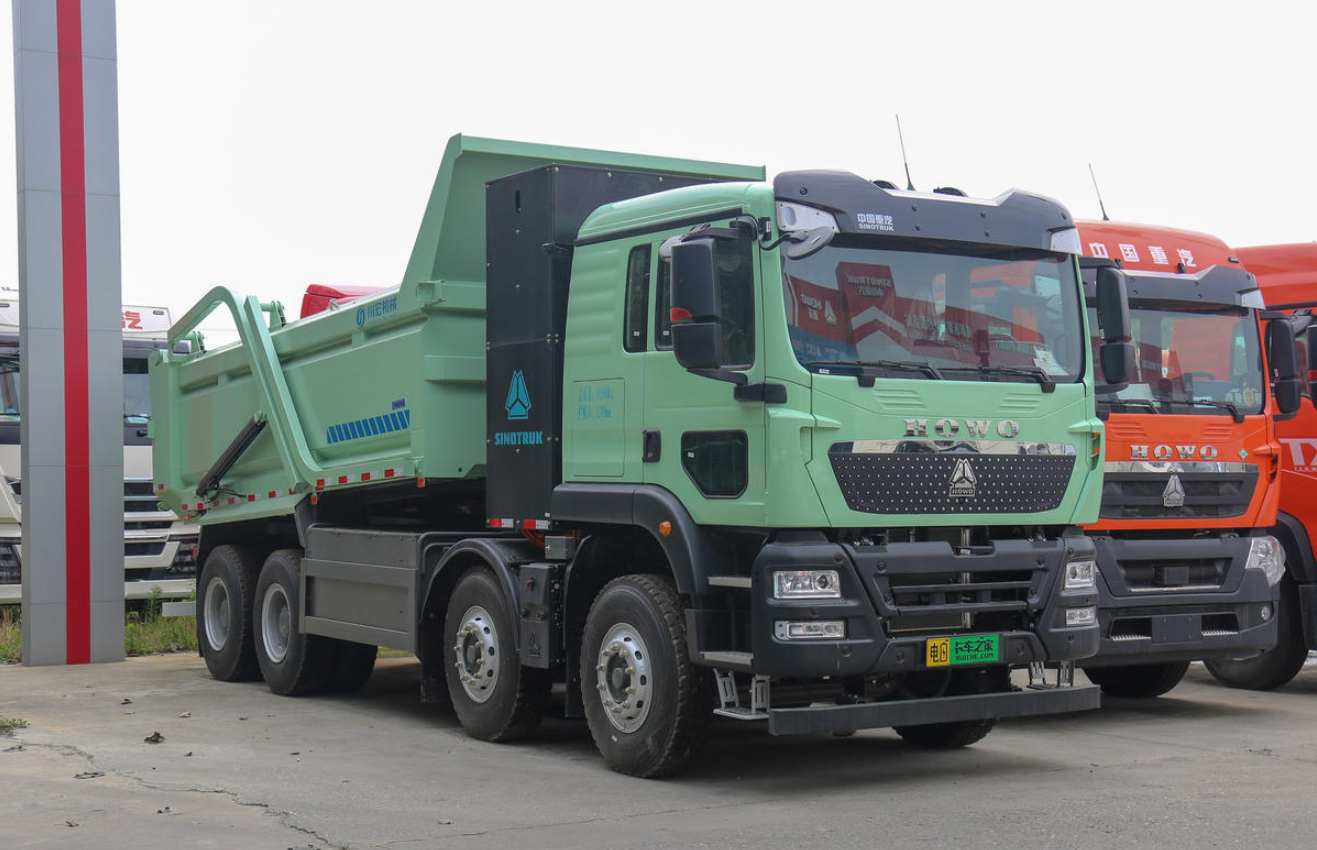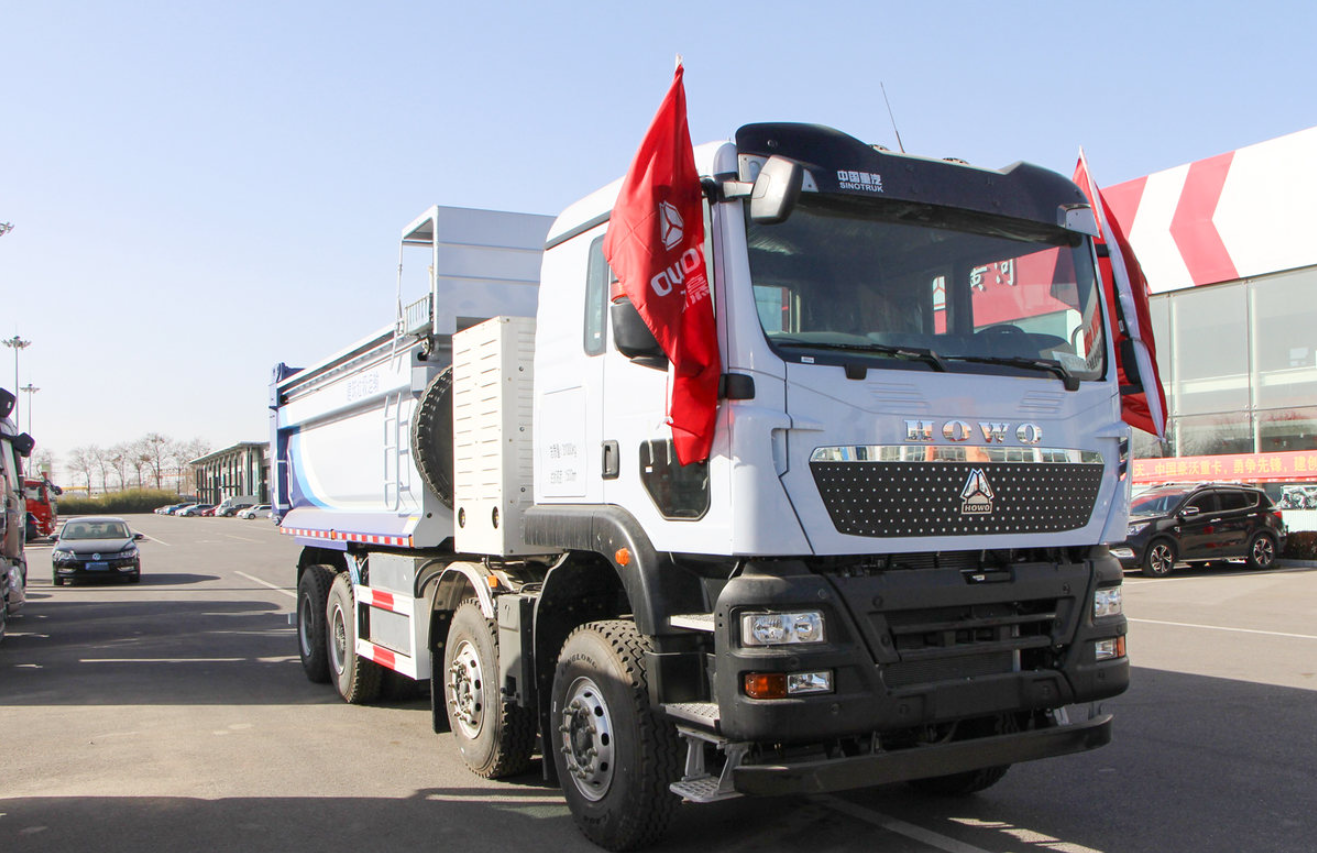Home page > list > news
Volvo's Electric Truck Milestone: Lessons and Inspirations for China's Trucking Industry
In the global arena of trucking, Volvo Trucks' achievement of delivering over 5,000 electric trucks globally marks a significant milestone in the transition towards sustainable transportation. This accomplishment not only showcases Volvo's leadership in the electric truck market but also offers valuable insights for China's burgeoning trucking industry.

China's trucking industry is at a crucial stage of transformation, with a growing emphasis on reducing emissions and promoting sustainable development. Volvo's experience in electric truck commercialization can serve as a reference for Chinese truck manufacturers. The fact that Volvo's electric trucks have been successfully deployed in 50 countries and have covered a vast cumulative mileage demonstrates the viability and potential of electric trucks in different market environments.
One of the key takeaways for China's trucking industry is the importance of a diverse product portfolio. Volvo's electric trucks serve a wide range of applications, from urban and inter - city distribution to construction and waste management. In China, where the transportation needs are equally diverse, truck manufacturers can learn from Volvo's approach to develop electric truck models that meet the specific requirements of various sectors. This diversification can help Chinese truck companies expand their market share and better serve the domestic and international markets.
Another aspect is the environmental and operational benefits of electric trucks. In China, air pollution and noise pollution are major concerns, especially in urban areas. Volvo's electric trucks' ability to reduce carbon dioxide emissions and road noise aligns with China's environmental goals. Moreover, the improved working conditions for drivers, such as reduced noise and vibration, can also enhance the attractiveness of the trucking profession in China, where there is a growing demand for skilled drivers.
Volvo's focus on technology accumulation in electrification is also inspiring for China's trucking industry. Chinese manufacturers can invest more in research and development to improve the performance of electric trucks, including battery technology, charging infrastructure, and vehicle - to - grid integration. Additionally, learning from Volvo's experience in renewable energy utilization and financing policies can help Chinese companies make their electric truck offerings more sustainable and cost - effective.
Finally, Volvo's three - pronged approach to achieving net - zero emissions provides a strategic framework for China's trucking industry. China is also committed to reducing carbon emissions, and a multi - technology strategy that includes pure electric, fuel - cell electric, and renewable - fuel - powered engines can accelerate the industry's transition to a low - carbon future.
In conclusion, while China's trucking industry has its own unique characteristics and challenges, there is much to be learned from Volvo's success in the electric truck market. By leveraging these lessons, Chinese truck manufacturers can enhance their competitiveness, contribute to environmental protection, and drive the sustainable development of China's trucking industry on the global stage.
Submit purchase request
If you need vehicle configuration and quotation, please feel free to contact us
Whatsapp:+8615206750120
Email: 15206476328lulu@gmail.com
The vehicle price and configuration reference of Chinese domestic products, you need to consult local dealers for local purchase
- Submit
















